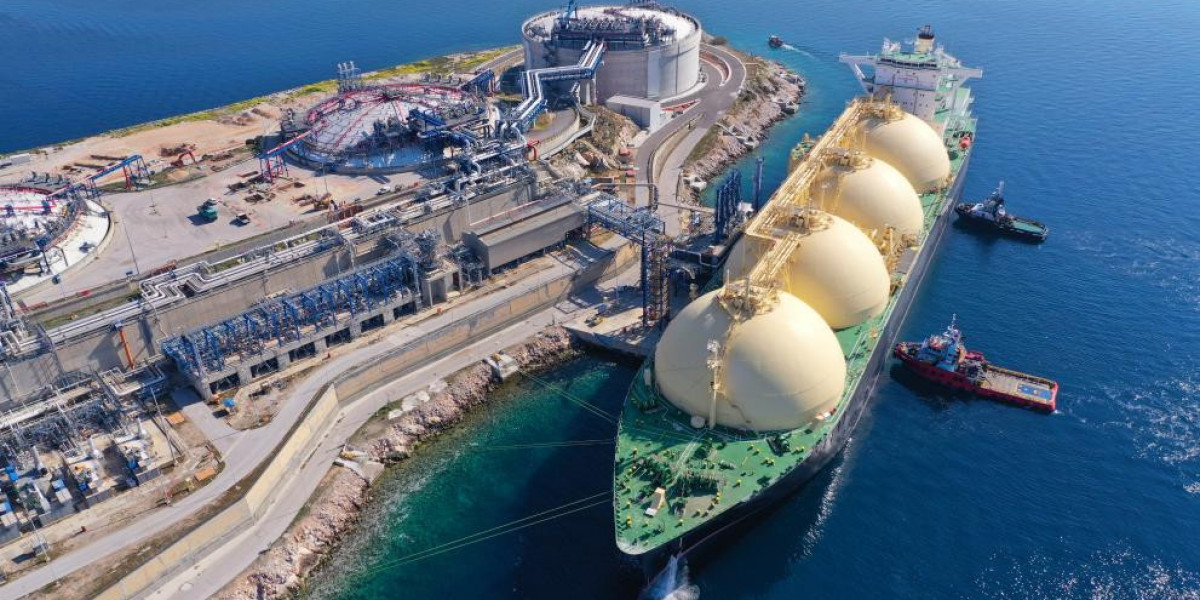In the face of climate change, finding innovative solutions to reduce greenhouse gas (GHG) emissions is crucial. While most efforts focus on reducing carbon dioxide from industrial processes or transportation, an often-overlooked but highly effective approach involves the natural processes of vermiculture, or worm composting. Worms play a key role in reducing GHG emissions, particularly methane, and help mitigate climate change through their unique composting abilities. This article explores how worm composting helps reduce GHG emissions and why it is an important tool in the fight against global warming.
1. Understanding Greenhouse Gas Emissions and Their Impact
Greenhouse gases, including carbon dioxide (CO2), methane (CH4), and nitrous oxide (N2O), trap heat in the Earth’s atmosphere, leading to global warming and climate change. Methane is one of the most potent greenhouse gases, with a warming potential many times greater than CO2. The primary sources of methane emissions are landfills, livestock farming, and industrial processes. When organic waste decomposes in landfills, it does so anaerobically (without oxygen), producing large amounts of methane.
By focusing on the reduction of methane emissions, we can significantly reduce the overall impact of greenhouse gases. This is where vermiculture plays a vital role in reducing emissions through its natural processes.
2. How Worm Composting Reduces Methane Emissions
Worm composting, also known as vermiculture, involves using earthworms to break down organic waste, such as food scraps, into nutrient-rich compost. Unlike traditional landfill decomposition, which produces methane due to anaerobic conditions, vermiculture operates under aerobic (oxygen-rich) conditions. The presence of oxygen prevents the production of methane, and the organic material breaks down in a way that does not release harmful gases.
In a typical landfill, organic waste decomposes without oxygen, creating an ideal environment for methane-producing bacteria. However, in worm composting, the aerobic process, aided by the worms, ensures that the organic material breaks down more efficiently and without methane production. By diverting organic waste from landfills and composting it with worms, we can prevent methane emissions that would otherwise be released into the atmosphere.
3. Worms Help Improve Soil Health, Further Reducing Emissions
The compost produced by worms, known as worm castings, has numerous benefits for soil health. These castings are rich in nutrients and beneficial microorganisms, which improve soil structure, fertility, and water retention. Healthier soil helps reduce the need for synthetic fertilizers, which are energy-intensive to produce and contribute to GHG emissions.
Additionally, healthy soil supports plant growth and can sequester carbon, further reducing atmospheric CO2 levels. Plants absorb carbon dioxide during photosynthesis and store it in their roots, soil, and biomass. By improving soil health with worm castings, we increase the soil’s ability to act as a carbon sink, helping to reduce the overall concentration of CO2 in the atmosphere.
4. Vermiculture in Waste Management: A Green Alternative
Waste management is a significant source of greenhouse gas emissions, especially in areas where organic waste is sent to landfills. In many regions, waste management practices still rely heavily on landfills, which are responsible for the emission of methane and other harmful gases. Worm composting provides a sustainable alternative to landfill disposal by recycling organic waste into valuable compost without releasing harmful gases.
Vermiculture can be implemented on both small and large scales, making it an accessible solution for reducing GHG emissions in various contexts. In urban areas, home composting with worms can divert significant amounts of food waste from landfills, while larger-scale vermiculture operations can be used in municipal composting programs or agricultural settings. By replacing landfill waste with worm composting, communities can significantly reduce methane emissions and improve the sustainability of waste management systems.
5. Worms as a Solution to Nitrous Oxide Emissions
In addition to reducing methane emissions, worms also help reduce nitrous oxide emissions, another potent greenhouse gas. Nitrous oxide is often released from agricultural soils, particularly in areas where synthetic fertilizers are used excessively. These fertilizers promote the release of nitrous oxide from the soil as they break down.
Worms contribute to reducing nitrous oxide emissions by improving soil health and reducing the need for synthetic fertilizers. The organic compost produced by worms enriches the soil with natural nutrients, reducing the reliance on chemical fertilizers and minimizing the risk of nitrous oxide emissions. By using worm castings to improve soil fertility, farmers and gardeners can lower their carbon footprint and reduce the impact of agricultural practices on climate change.
6. Worms in Agriculture: Supporting Sustainable Practices
Vermiculture is a key component of sustainable agriculture. By reducing the need for chemical fertilizers and improving soil health, worm composting supports farming practices that are more environmentally friendly and less reliant on fossil fuels. Sustainable agriculture focuses on long-term soil health, crop diversity, and the reduction of harmful environmental impacts, all of which are enhanced by worm composting.
Worms help improve soil aeration, drainage, and water retention, making it easier for plants to grow without excessive irrigation or the use of chemical fertilizers. In addition, by enriching the soil with worm castings, farmers can reduce their reliance on synthetic pesticides and herbicides, further reducing their environmental impact. The use of worm compost in agriculture also helps to sequester carbon in the soil, contributing to the reduction of atmospheric CO2 levels.
7. Worm Composting as a Global Solution
As the world faces increasing challenges related to climate change, vermiculture offers a simple yet powerful solution to reduce greenhouse gas emissions. By diverting organic waste from landfills, improving soil health, and supporting sustainable agriculture, worm composting can play a key role in mitigating the effects of global warming. The beauty of vermiculture lies in its scalability—it can be used by individuals, communities, and industries alike to address waste management issues and reduce GHG emissions.
Governments and organizations around the world are recognizing the potential of vermiculture to help combat climate change. By incorporating worm composting into waste management systems and agricultural practices, we can take meaningful steps toward a more sustainable future. With the growing awareness of its benefits, vermiculture is poised to become an essential tool in the fight against climate change.
8. Conclusion
Worms may be small creatures, but their impact on the environment is significant. Through vermiculture, worms help reduce greenhouse gas emissions by preventing methane production, improving soil health, and supporting sustainable agricultural practices. By adopting worm composting, we can address some of the most pressing environmental challenges of our time, including waste management, soil degradation, and climate change. As more people and communities embrace vermiculture, its positive effects on the environment will continue to grow, helping to create a cleaner, healthier planet for future generations. Get in touch with us if you are looking for where can i buy earthworms, buying compost worms.









